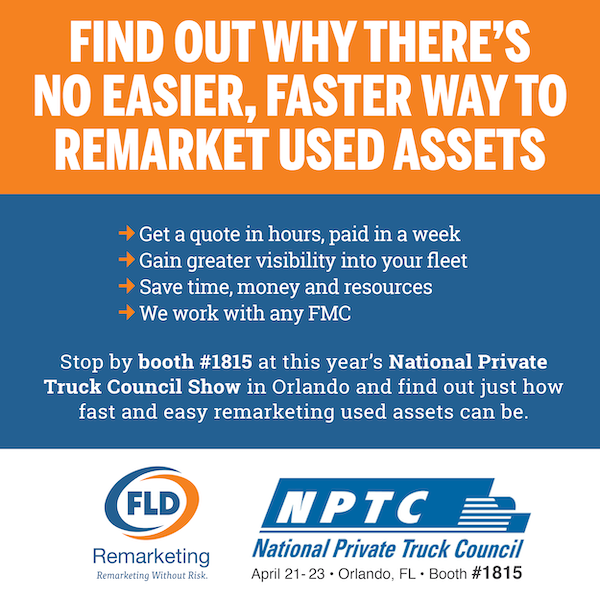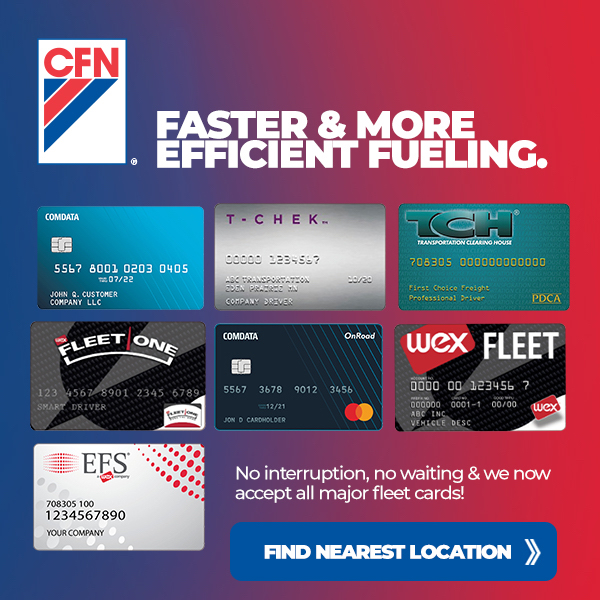
By Ed Smith, President, Agile Fleet
Did you know that 80% of fleet managers expect budget reductions next year? Fleets hit hard financially by the COVID-19 crisis may now be required to make changes that will reduce costs, increase social distancing and sanitation, and improve efficiency. The good news is that it may not be as difficult as you may think. Things like right-sizing, eliminating underused vehicles from the fleet, and sharing vehicles in a self-service motor pool (that can be operated remotely!) can all significantly reduce costs.
Did you know that the carrying cost of one passenger vehicle is between $3,500-$8,000 annually? If you can eliminate just 5 underused vehicles out of your fleet for example, you can save between $17,000 and $40,000 a year.
One of the best ways to reduce costs and (improve social distancing) is by implementing a shared vehicle fleet with a self-service motor pool system. Sharing vehicles, rather than allowing people to use assigned vehicles, not only reduces costs but offers many benefits to your employees. People who have been reluctant to share will be happy to learn that with an automated system such as the Agile Fleet self-service motor pool they can reserve vehicles online from where ever they are working. They can pick up and return keys via a secure, unstaffed key box. They may no longer need to handle things like maintenance and sanitizing because fleet staff does it. Also, in a motor pool, vehicles tend to be newer, and employees now have a choice of vehicle types rather than just one.
Automating the vehicle sharing process enables you to remain open and manage the shared fleet while your fleet staff works remotely. An all self-service motor pool automates the sharing process without the need for an attendant to be present to manage keys. And, metrics are automatically collected for reporting and for right-sizing initiatives.
For those fleets continuing to operate vehicles during this time, it is extremely important to implement enhanced cleaning of the vehicle and all surfaces after every use to limit the spread of COVID-19. For example, our system features an Inspection and Prep plan that can be implemented to ensure vehicles are cleaned and properly sanitized. We recommend that vehicles be set to automatically go into an Inspection or Prep queue after each reservation. We also recommend using your fleet sharing system’s buffer feature (if it has one) to increase the time between vehicle uses. By implementing these features, you will be able to provide your maintenance and cleaning personnel with the time they need to safely clean and sanitize your vehicles.
While the COVID-19 situation is a crisis, it also offers fleets an opportunity to change for the better. Here are some successes from some of our clients:
The City of Stamford, Connecticut
- Saved $1 million over 5 years
- Reduced from 80 to 29 vehicles shared in a motor pool
- Generated one-time disposal income of $204,000
- Saved $178,000 in ongoing vehicle costs/year
Forsyth County, North Carolina
- Manages 4 motor pools from one location
- Saved $300,000 immediately by eliminating underused vehicles and automating their fleet processes
- Saved more than $1M for taxpayers since automating their fleet
- Cut their expenses for personal vehicle use by 50%
Cornell University
- Reduced vehicles from 220 to 150
- Saves $250,000 annually
- Manages 2 motor pool locations from a single fleet office
- Collects data automatically
For more information on how to move forward and operate your fleet during a pandemic, download our new e-book here “the Agile Fleet Guide to Managing and Re-Opening Your Fleet During a Pandemic.”




